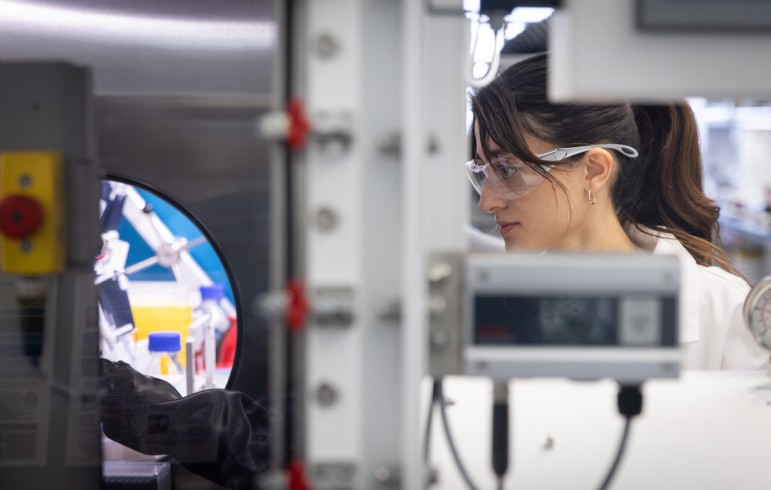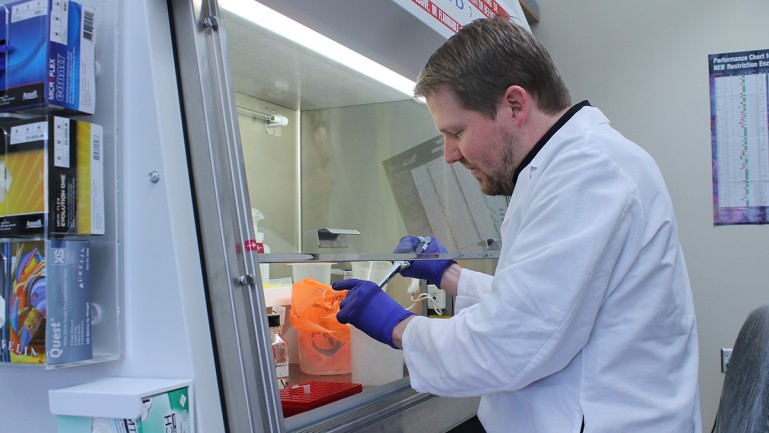Professor Mikhail Kats wins the 2020 IEEE Photonics Society Young Investigator Award for contributions in the fields of nanophotonics and optical materials, especially for metasurfaces, optics with phase-transition materials, and thermal-emission engineering.
A massive dumpsite lies in the heart of the municipality of Kanifing. Kanifing sits on the Republic of The Gambia’s Atlantic Coast and is one of the West African country’s eight local government areas. Kanifing, which is near the capital city of Banjul, is home to nearly 500,000 people. The Bakoteh Dumpsite takes up roughly 18 hectares. What was once a quarry has, for decades, been used as an unregulated landfill. Now, as the Kanifing Municipal Council looks to remediate the site, it is seeking advice from James Tinjum, a University of Wisconsin-Madison associate professor of civil and environmental engineering and director of the department’s Geological Engineering Program, and his students.
Two technical breakthroughs, from the realms of experimental physics and microscopic communities, have claimed top honors from WARF this year. The 2019 WARF Innovation Award winners are: Mark Saffman (physics) and Ophelia Venturelli, Philip Romero, Ryan Hsu and Jin Wen Tan (biochemistry).
When agronomy professor Chris Kucharik and his wife, Amy, moved into a subdivision in the Town of Burke in 2006, they weren’t surprised to learn their well water contained quite a bit of nitrate.
Jonathan Patz, professor and director of the Global Health Institute at the University of Wisconsin–Madison, has been elected a member of the National Academy of Medicine in recognition of his pioneering research showing the risk global climate change poses for human health.
Thousands of years ago, as humans tamed wild animals and plants into livestock and crops, their penchant for intoxication also led them to unwittingly domesticate a hidden workhorse of civilization: yeast.
EAP Professor Greg Nemet will receive one of the first two World Citizen Prizes in Environmental Performance from the Association for Public Policy Analysis and Management (APPAM).



